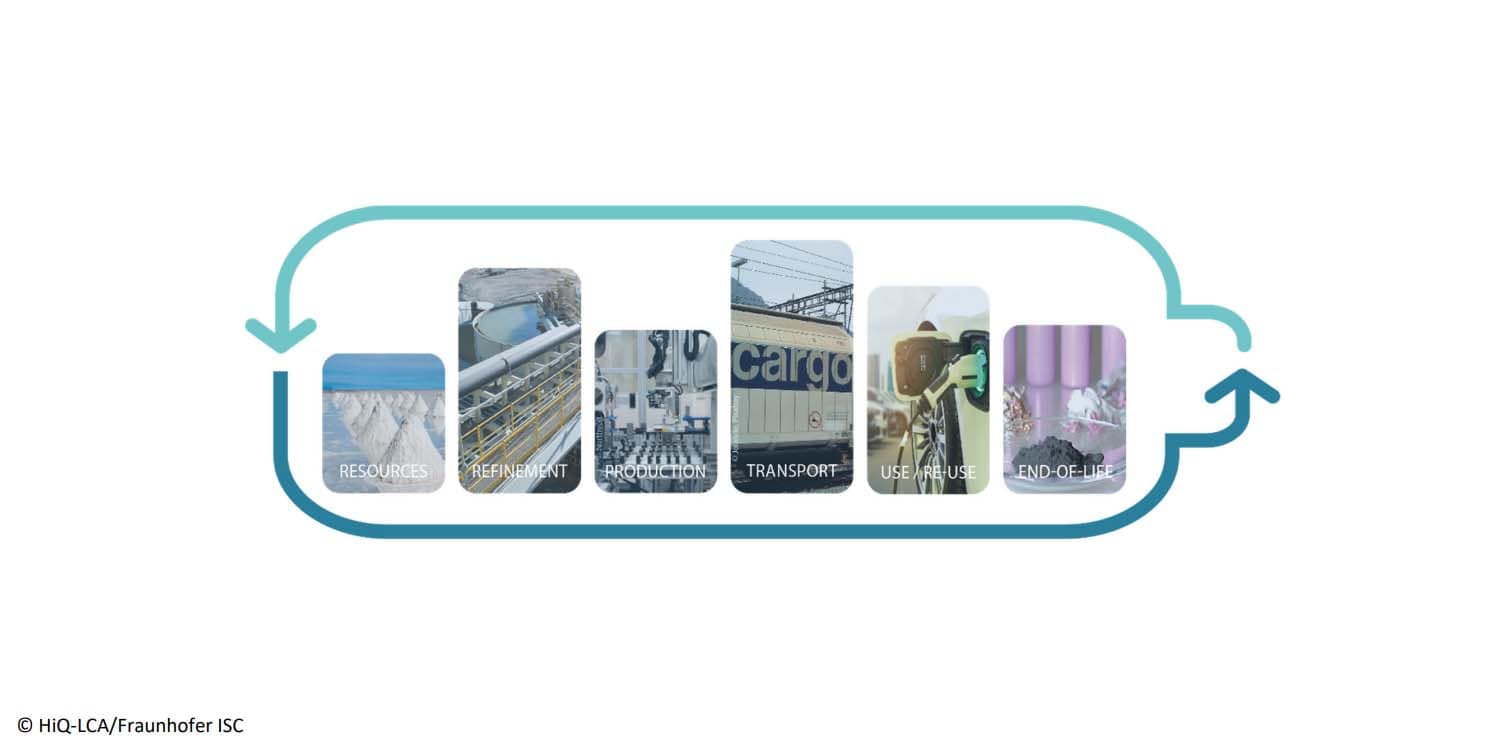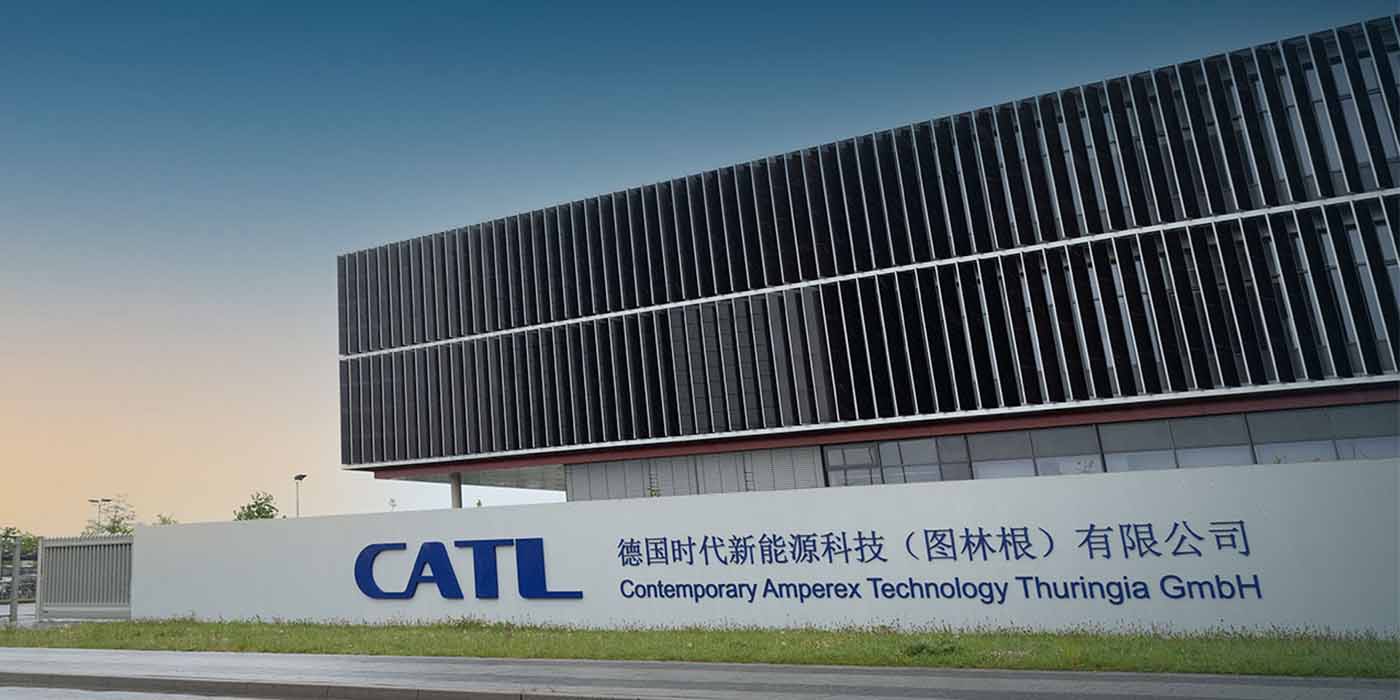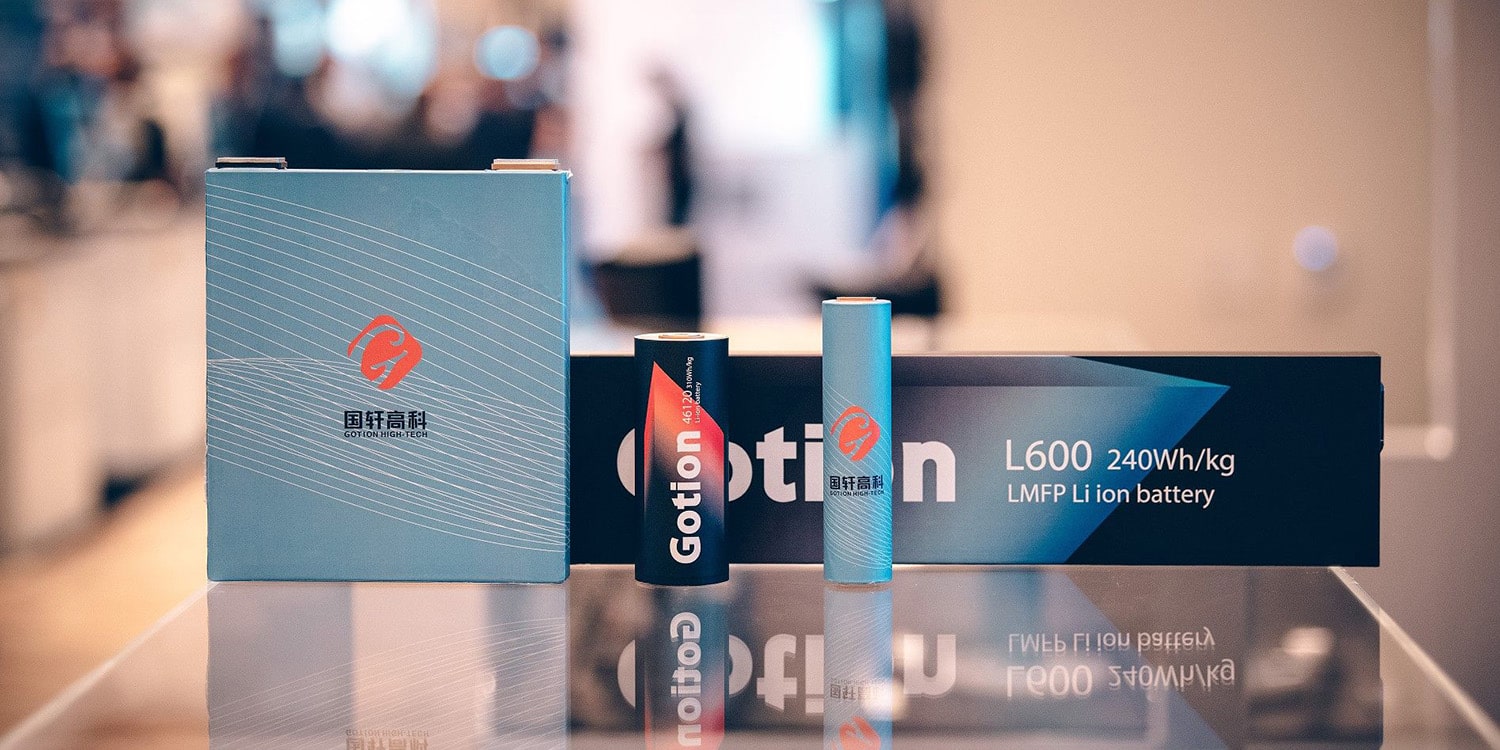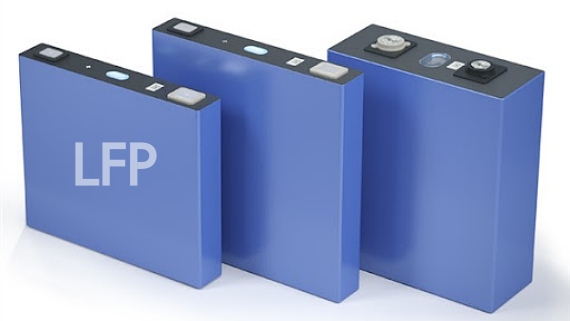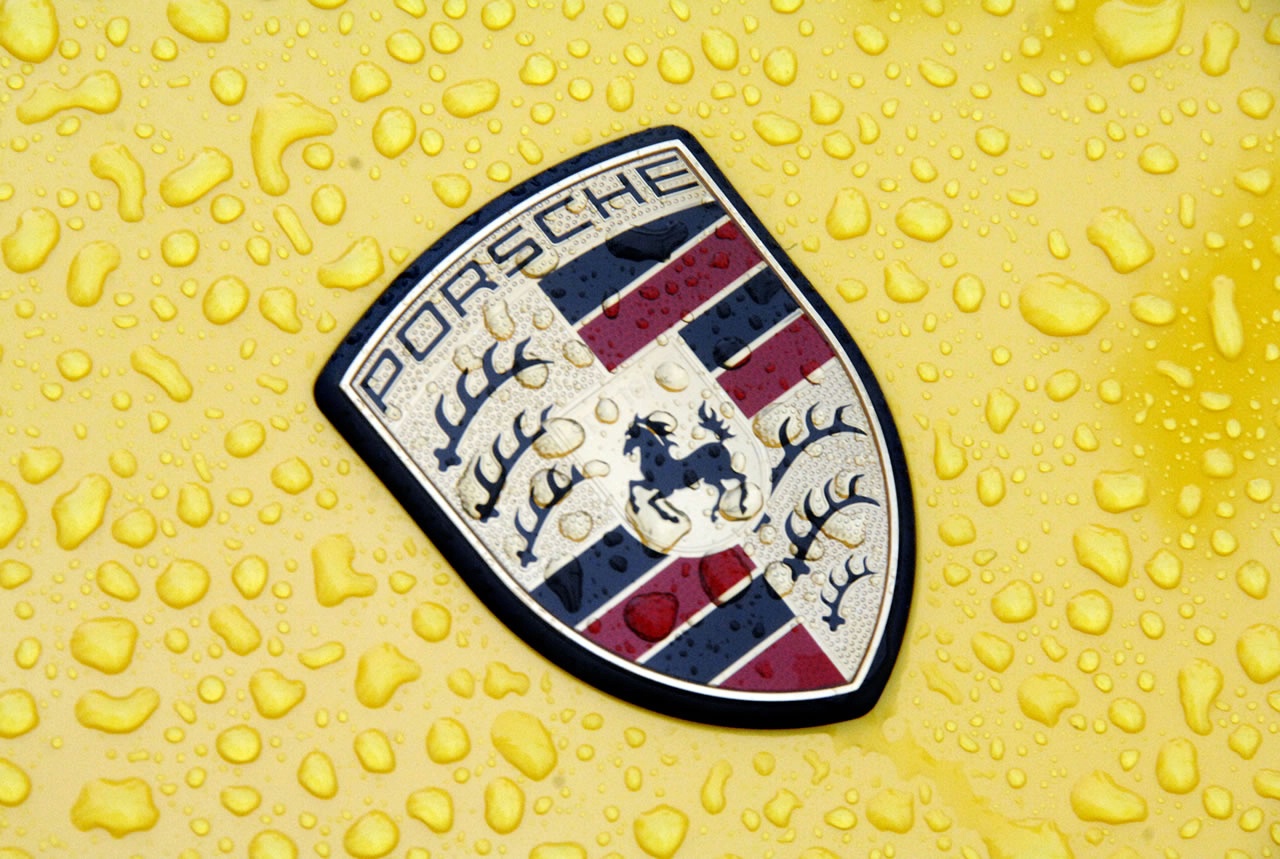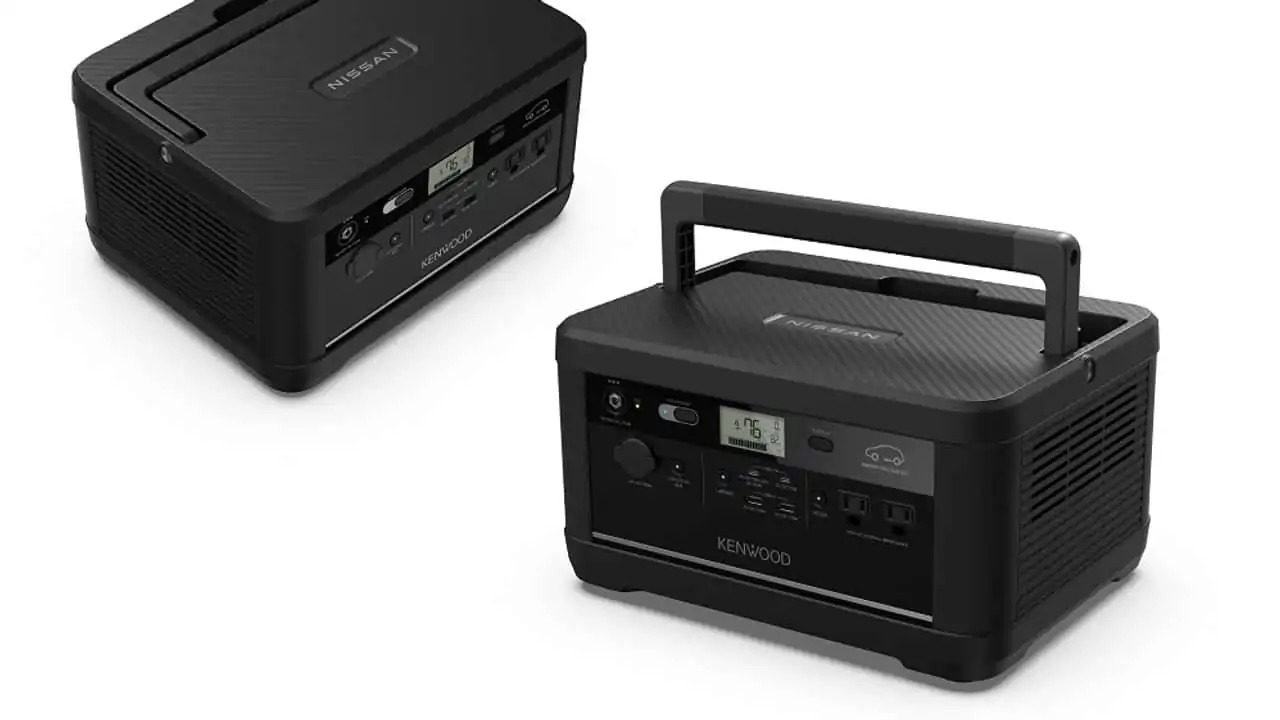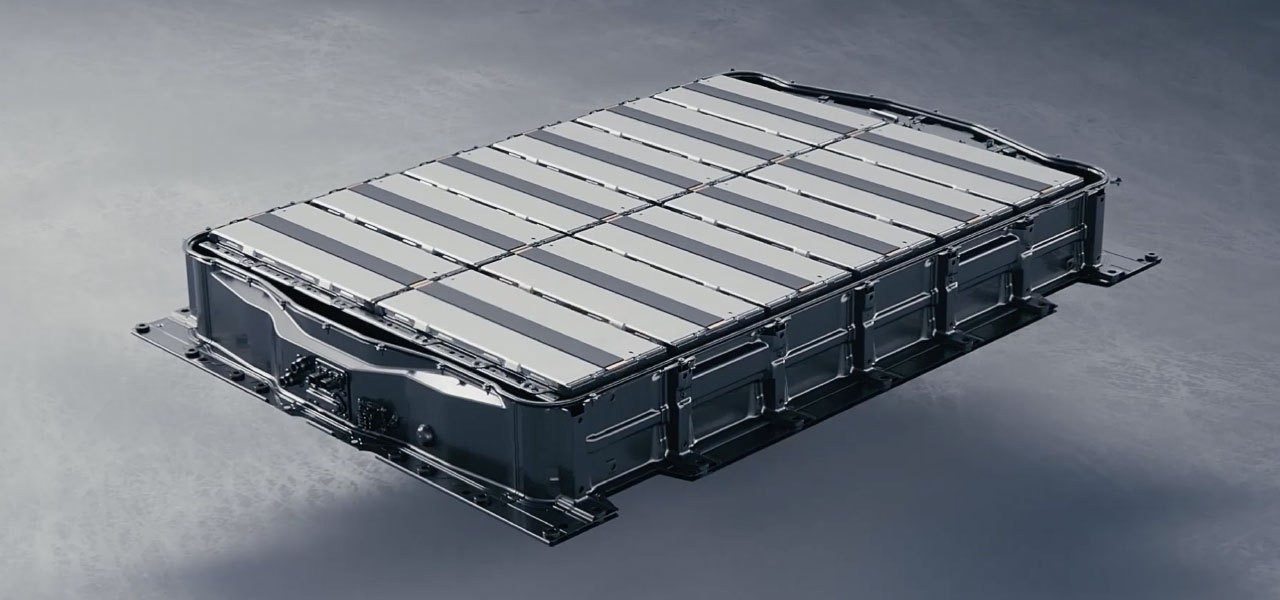In a bid to address the pressing environmental concerns associated with battery production and recycling within the e-mobility sector, the ‘High-Quality Life Cycle Analysis’ (HiQ-LCA) project has been launched in Europe.
This new initiative, backed by the European Union and EIT RawMaterials with a substantial funding of 3.5 million euros, seeks to revolutionize the practices of electric mobility companies by providing them with improved tools for producing and recycling batteries in an environmentally responsible manner. Spanning the course of five years, from its inception until 2025, the HiQ-LCA project aims to bolster the battery value chain’s shift towards sustainability by leveraging more accurate and reliable Life Cycle Assessments (LCA).
HiQ-LCA, which stands for High-quality life cycle assessments, is poised to generate comprehensive, credible, and transparent datasets for life cycle assessments that consistently capture the carbon dioxide emissions and overall environmental impact associated with batteries. With a growing emphasis on environmental considerations, Life Cycle Assessment has gained prominence within EU policies, as evidenced by the recent Battery Regulation mandating LCA or carbon footprint data for new batteries.
Industry players are also recognizing the importance of addressing these concerns, prompted by stringent Environmental, Social, and Governance (ESG) criteria for responsible and sustainable sourcing. Notably, Northvolt, a key player in the industry, is actively engaged as a partner in the HiQ-LCA project.
The invaluable database that emerges from this endeavor will be accessible through HiQ-LCA’s partner platform, ecoinvent. The project’s team is additionally working towards the development of advanced methodologies tailored to battery-specific LCA requirements. Among the services offered will be the quantification and verification of environmental footprints, performance benchmarking, product certification, and expert guidance to enhance environmental practices. Furthermore, the initiative aims to provide training to enhance understanding and implementation of sustainable practices in battery production, utilization, and recycling.
See also: Chinese Suppliers Contribute to 40% of Tesla’s EV Battery Materials, Nikkei Analysis Reveals
As the project concludes in 2025, the envisioned future involves the potential consolidation of these services through a collaborative effort between industry entities such as CellCircle, Minviro, and BRGM.
Ultimately, the HiQ-LCA initiative aims to equip stakeholders with the means to discern between environmentally conscious and less sustainable processing routes along the battery supply chain and manufacturing process.
Andreas Bittner, the CEO of the European Lithium Institute eLi, the coordinating entity for the HiQ-LCA project, underscored the significance of batteries in the decarbonization of both mobility and energy supply. He highlighted that while batteries hold the key to this essential transformation, the imperative to improve critical resource usage and the environmental footprint of production remains a central concern.
See also: Mercedes-Benz secures lithium supply from Rock Tech Lithium
The HiQ-LCA project involves collaboration with notable partners, including the Bureau de Recherches Géologiques et Minières (BRGM), CellCircle, Eramet, Fraunhofer ISC and IST, as well as esteemed universities including Ghent, Leiden, and Bordeaux.

